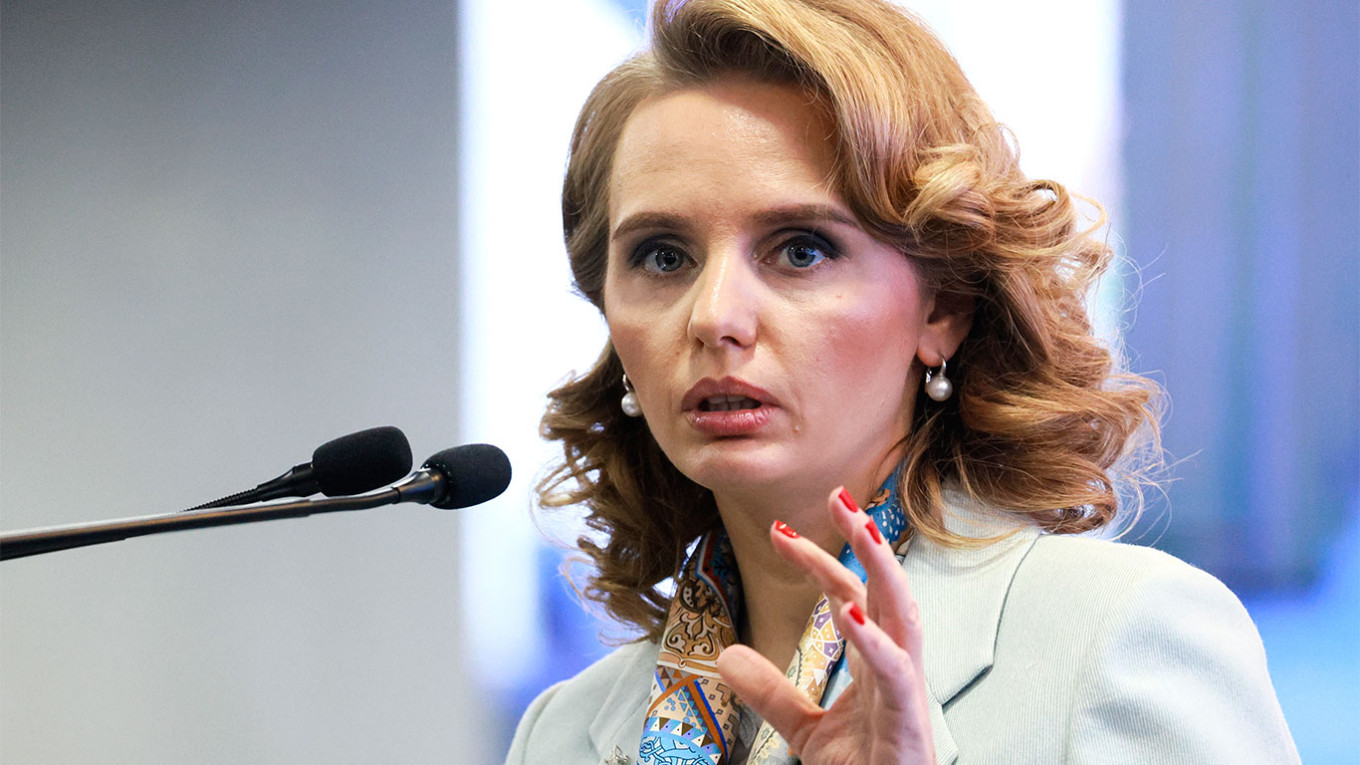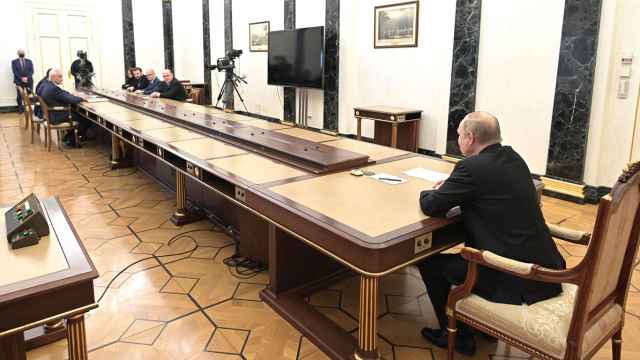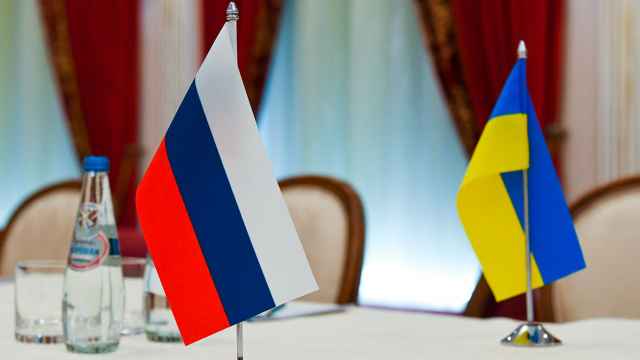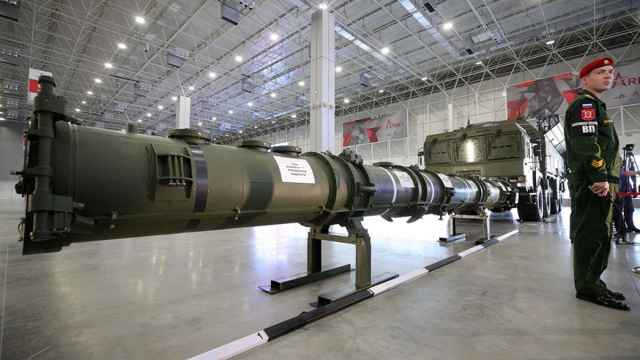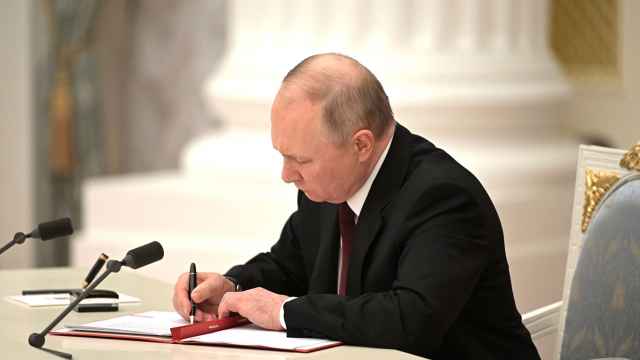Western academic journals have continued to publish articles by President Vladimir Putin’s oldest daughter since Moscow's February 2022 invasion of Ukraine, the independent news outlet Mozhem Obyasnit reported Tuesday.
Maria Vorontsova is a candidate of medical sciences, roughly equivalent to a Ph.D. in Western countries, and an endocrinologist by training.
Her profile on the Moscow State University website contains links to her research, which includes five articles in the Swiss open-access scientific journal MDPI and one in a journal published by the U.S. Endocrine Society.
Three of the articles co-authored by Vorontsova were published after Russia’s 2022 invasion of Ukraine and one in early February 2022, according to Mozhem Obyasnit.
Neither MDPI nor the Endocrine Society responded to the outlet’s request for comments in the two months since it approached them.
Publishing Vorontsova’s articles is not prohibited by Western sanctions but can hurt the publishers’ reputations, an anonymous editor of a popular science magazine from an unnamed country told the outlet.
The United States sanctioned Vorontsova and her younger sister Katerina Tikhonova in April 2022 as part of wide-ranging measures in response to Russia’s invasion of Ukraine.
The EU said Vorontsova was on its list because she was co-owner of Nomenko, a company "involved in Russia's largest private investment project in healthcare." She was thus deemed to benefit from the Russian government and was involved in a sector providing it revenue.
The Kremlin has kept details of Putin's daughters' lives a closely guarded secret.
Putin has never acknowledged that Vorontsova and Tikhonova are his daughters, often referring to them only as “these women” during interviews.
A Message from The Moscow Times:
Dear readers,
We are facing unprecedented challenges. Russia's Prosecutor General's Office has designated The Moscow Times as an "undesirable" organization, criminalizing our work and putting our staff at risk of prosecution. This follows our earlier unjust labeling as a "foreign agent."
These actions are direct attempts to silence independent journalism in Russia. The authorities claim our work "discredits the decisions of the Russian leadership." We see things differently: we strive to provide accurate, unbiased reporting on Russia.
We, the journalists of The Moscow Times, refuse to be silenced. But to continue our work, we need your help.
Your support, no matter how small, makes a world of difference. If you can, please support us monthly starting from just $2. It's quick to set up, and every contribution makes a significant impact.
By supporting The Moscow Times, you're defending open, independent journalism in the face of repression. Thank you for standing with us.
Remind me later.


